Oops!
this page got lost in love...
It looks like the page you’re searching for has drifted away—kind of like intimacy when life gets too busy. But don’t worry, you’re exactly where you need to be!
While you’re here, why not explore ways to create more connection, passion, and ease in your love life?

If you love love, love loves you, too,
Michele Lisenbury Christensen
Oops!
this page got lost in love...
It looks like the page you’re searching for has drifted away—kind of like intimacy when life gets too busy. But don’t worry, you’re exactly where you need to be!While you’re here, why not explore ways to create more connection, passion, and ease in your love life?

If you love love, love loves you, too,
Michele Lisenbury Christensen
terms & conditions - privacy policy - contact